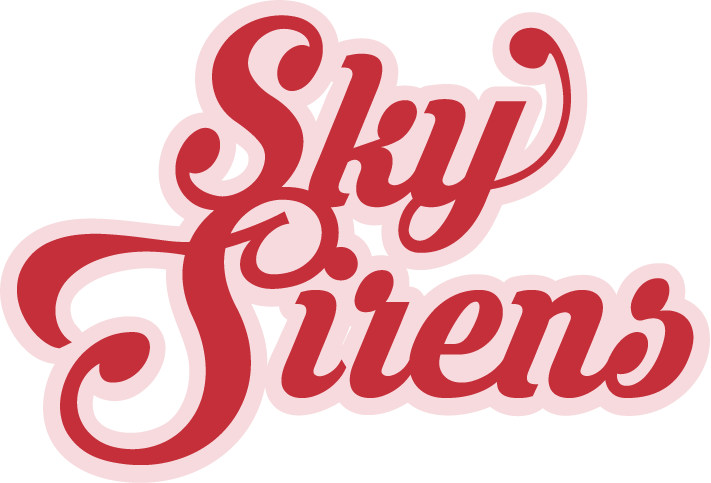Words by Kittyhawk | Photographs by Mia Maraschino
Welcome to the end of February! Where oh where did the New Year go?? If you’re anything like me, over December/January you set yourself some big goals for what you wanted to achieve this year. But by now, the magical new year energy is fading fast – or rather evaporating in the recent hot weather! As your ‘New Year, New Me’ vibes drift away, you might find yourself falling into old habits, feeling less motivated to train or becoming negative about your progress so far. Perhaps you feel like you’re stuck in a progress rut – not improving on your goals and struggling to maintain your enthusiasm. Well, I know you’re not alone!
Everyone battles with tough times in their aerial, pole or burly journey and it’s important to be realistic about it. Any learning process is a cycle of acquiring new skills, mastering those skills and then learning new ones. It’s very common in any point of this process to feel like your skills are stagnating or plateauing. You just can’t get that nemesis move or you can’t see any improvement in your strength. This can be disheartening at the best of times and you might wonder why you bother training in the first place when you’re having so much trouble with it.
I’ve had these thoughts and feelings often over the course of my many years training lyra and sling. It can be overwhelming. But I absolutely love being in the air and I’m not willing to give it up, so I think of one of my favourite, encouraging quotes: “If you’re going through hell, don’t stop.”
If you’re having a hard time with your aerial, pole or dance progress, here are the strategies I reach for when I’m feeling the same way.
“I never dreamed about success. I worked for it” Estee Lauder
When it comes to dragging yourself out of a rut, goals provide a pathway between your current situation and the direction you want to move. They encourage you to persevere by breaking bigger goals down into smaller, more achievable milestones.
The best type of goals are S.M.A.R.T goals – Specific, Measurable, Achievable, Relevant, Time-based. For example, a goal like “become more flexible” is a bit too vague. It’s also not specific enough to know if we’ve achieved it when we go to measure it later on. So, let’s make it more detailed. Let’s focus in on leg flexibility – “Improve splits flexibility by 5 centimetres over the next 2 months” or “Practice my splits 3 times per week over the next month”. The second goal is great not just because it is specific, but also because it describes an action. We already know what we need to do to complete this goal.
The second half of goal setting is measuring our success. It’s really important to go back over your progress, see how far you’ve come and celebrate your achievements regardless of whether you actually nailed your goal or not. This leads into the next topic!
“Those who are happiest never have everything. But rather, they are thankful for what they have.”
When I’m really struggling to see any progress with my aerial abilities, it could be because I haven’t looked back to see how far I’ve come. A lot of students forget that aerial, pole and dance are niche physical activities and so just by attending class you are already achieving something outside of the box!
Be forgiving with yourself and your progress – celebrate that you’ve come this far at all. By practicing moments of reflection and gratitude, you’ll begin to see and think differently, especially during those times when you feel stuck in a rut. Regardless of how your progress is going, your focus can be shifted toward the positive.
“We are what we repeatedly do. Excellence, then, is not an act, but a habit.” Aristotle
In the end, all progress comes down to repetitive practice. You’ll continue to improve so long a you are striving to practice the skills you’d like to improve on – whether that improvement is slow and steady or fast. To go back to the first quote of this blog, “If you’re going through hell, don’t stop” – keep practicing towards your goals, recognising your progress and celebrating your achievements. You will eventually come through to the other side of feeling stuck in a rut and find the positives again.
If you’re feeling overwhelmed, find a friend who can motivate you to come into practice time with you and encourage you to keep trying!




